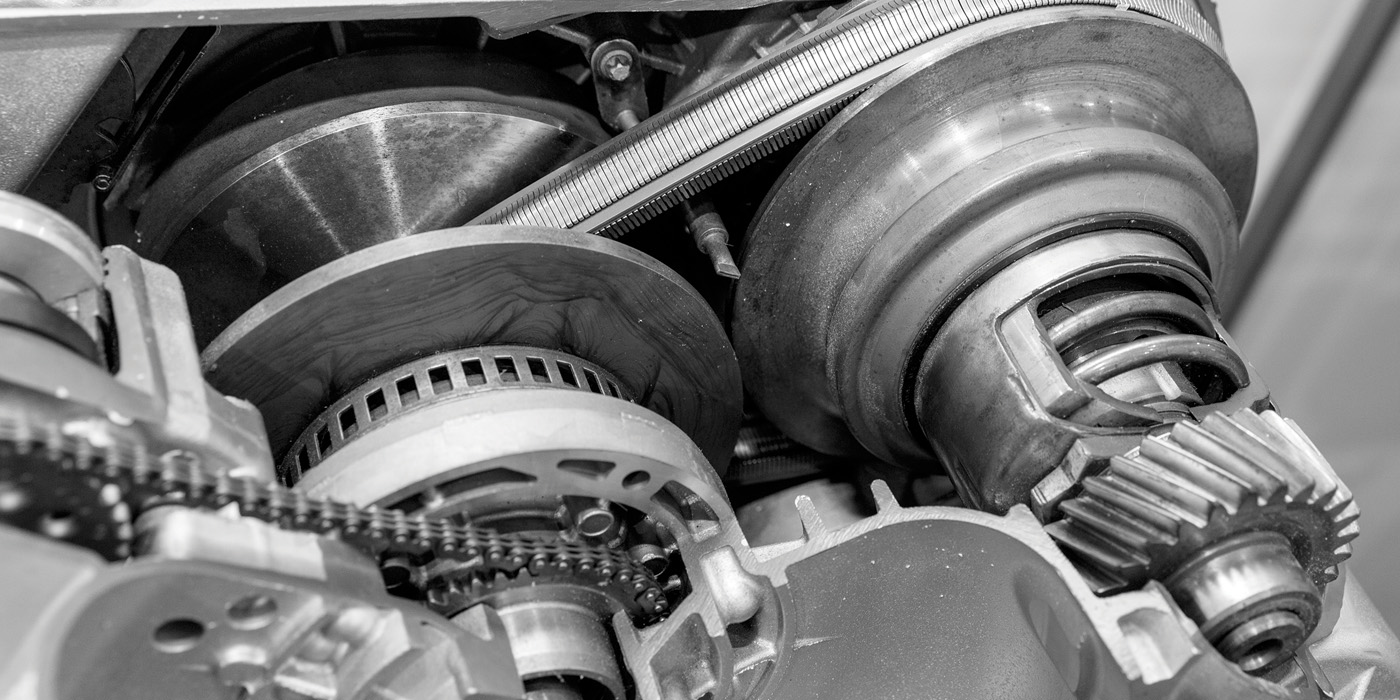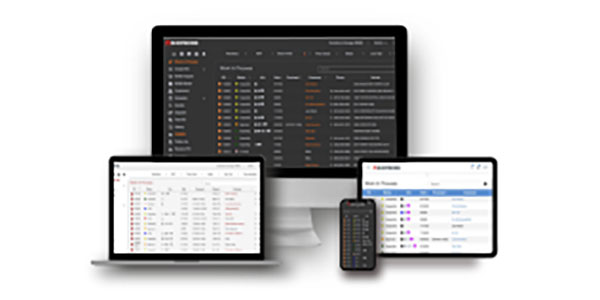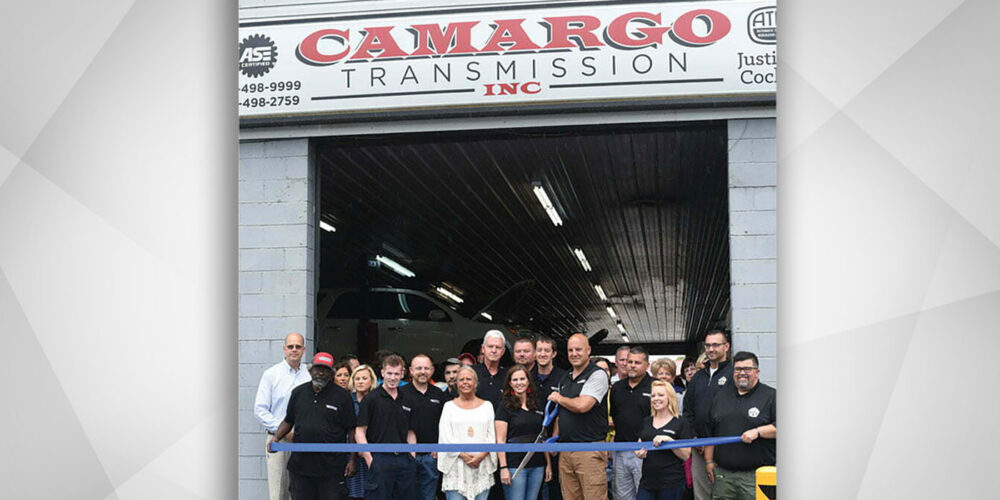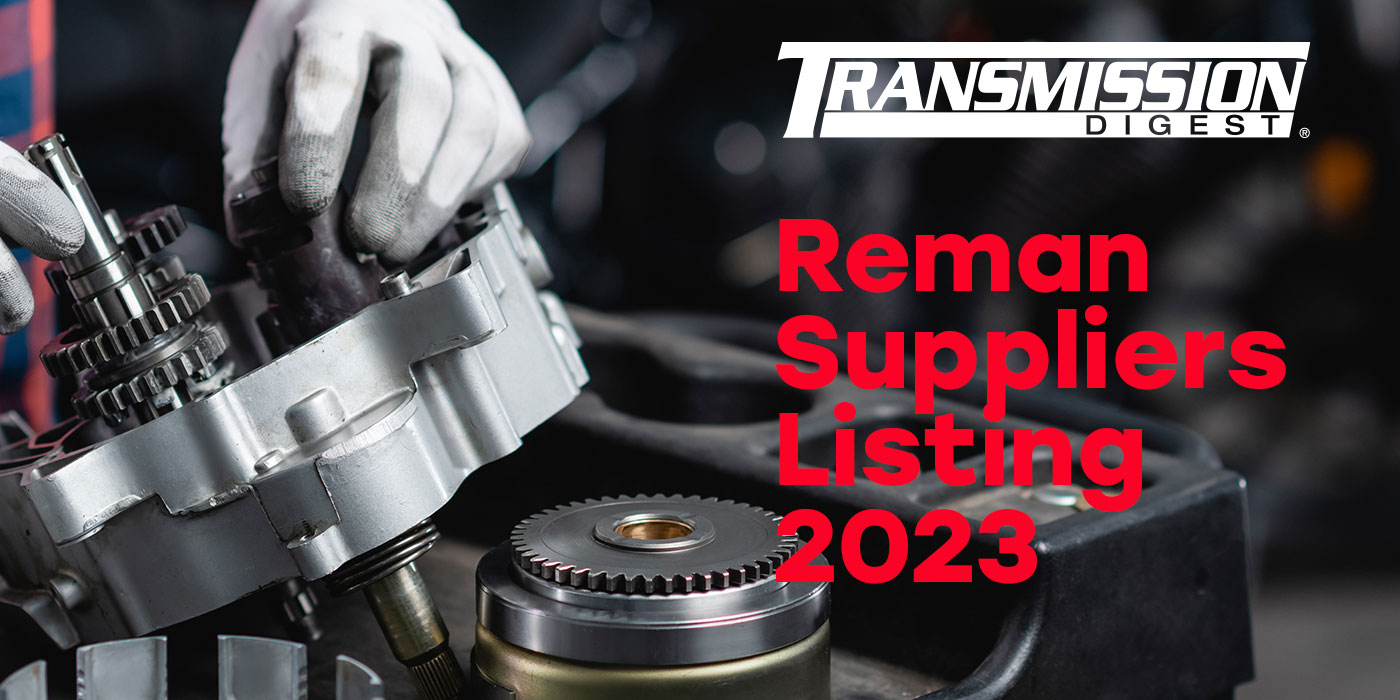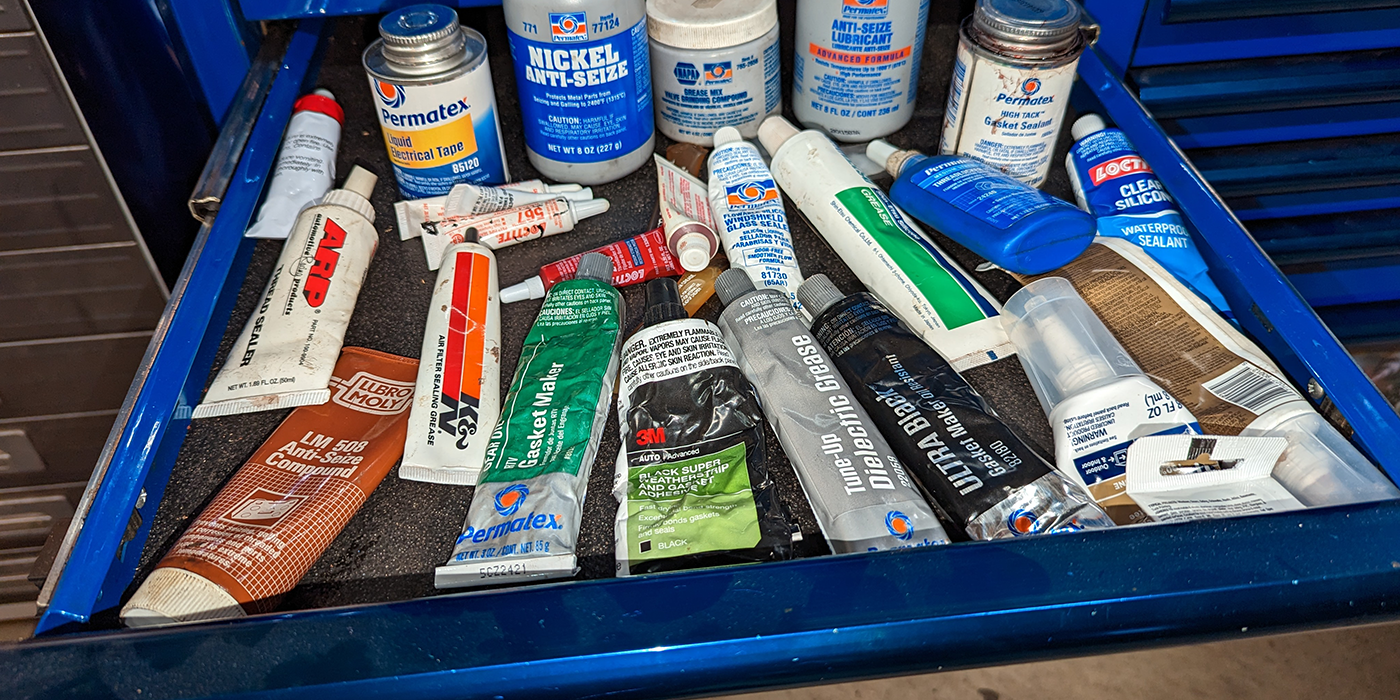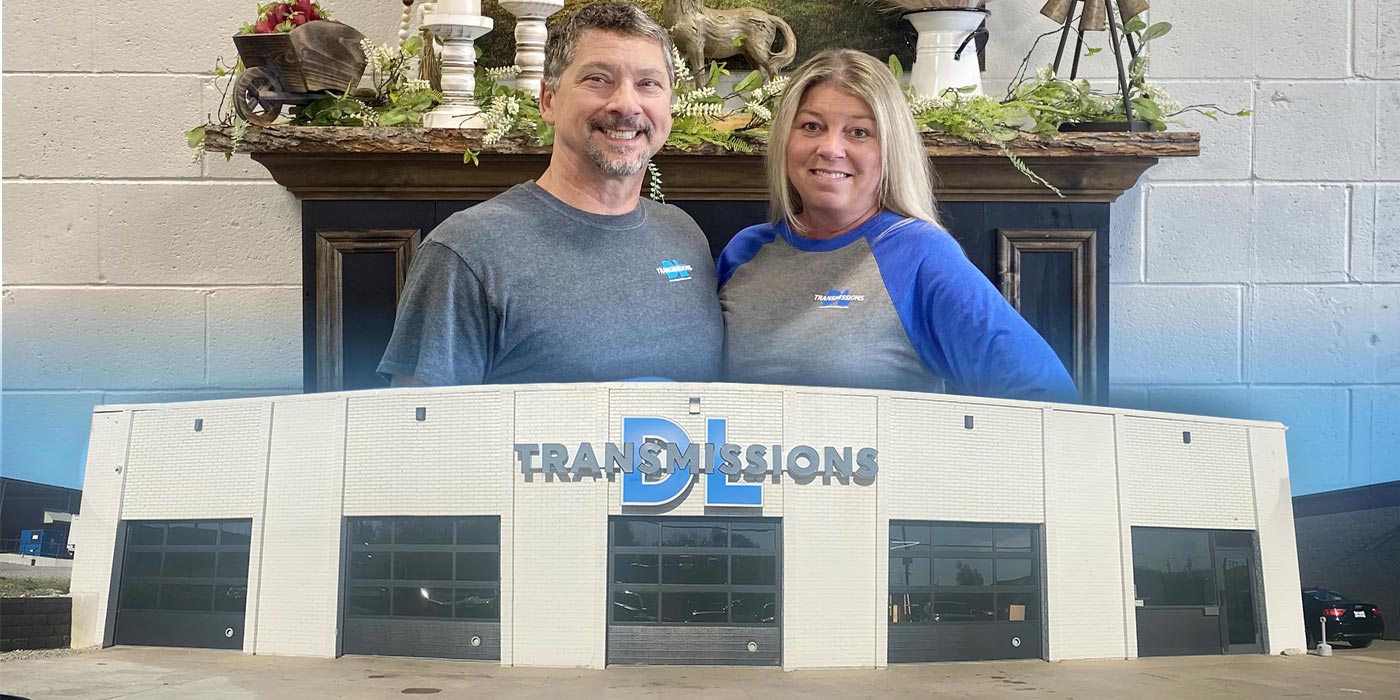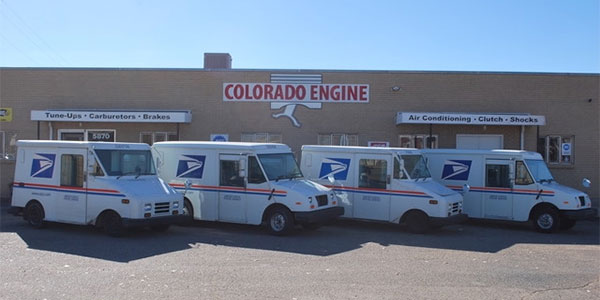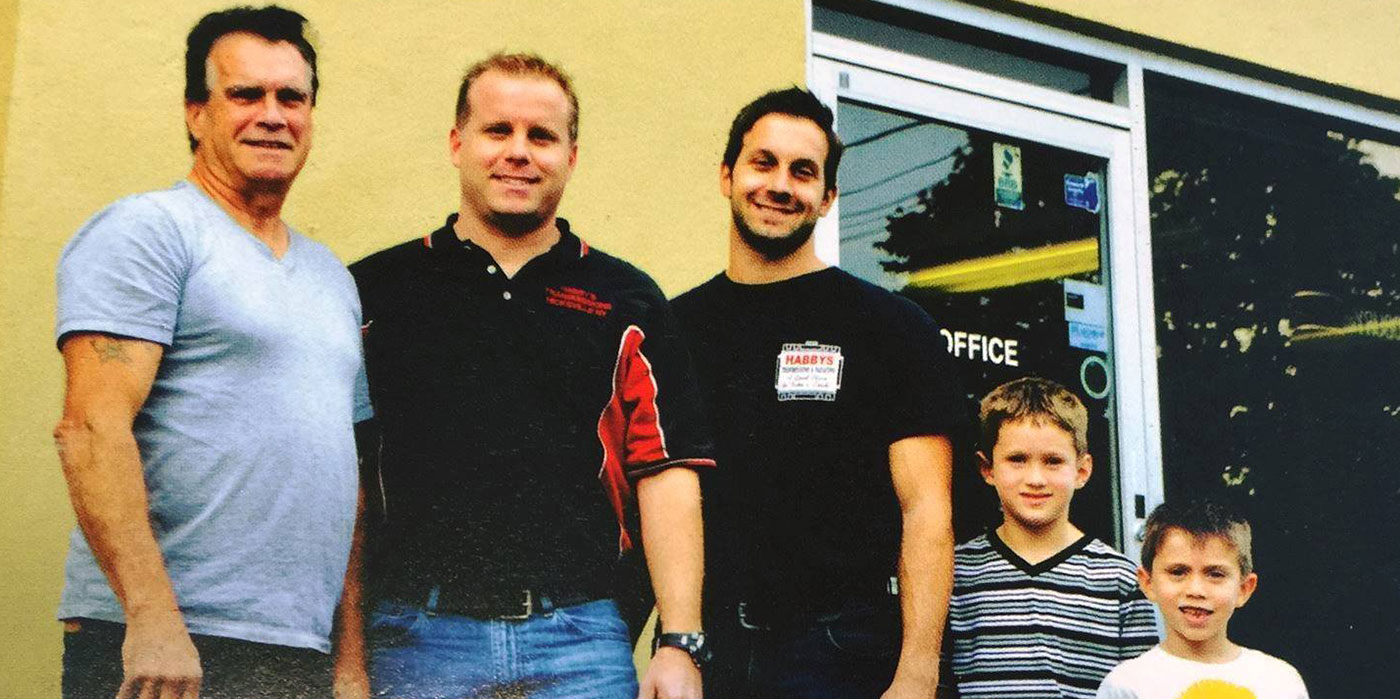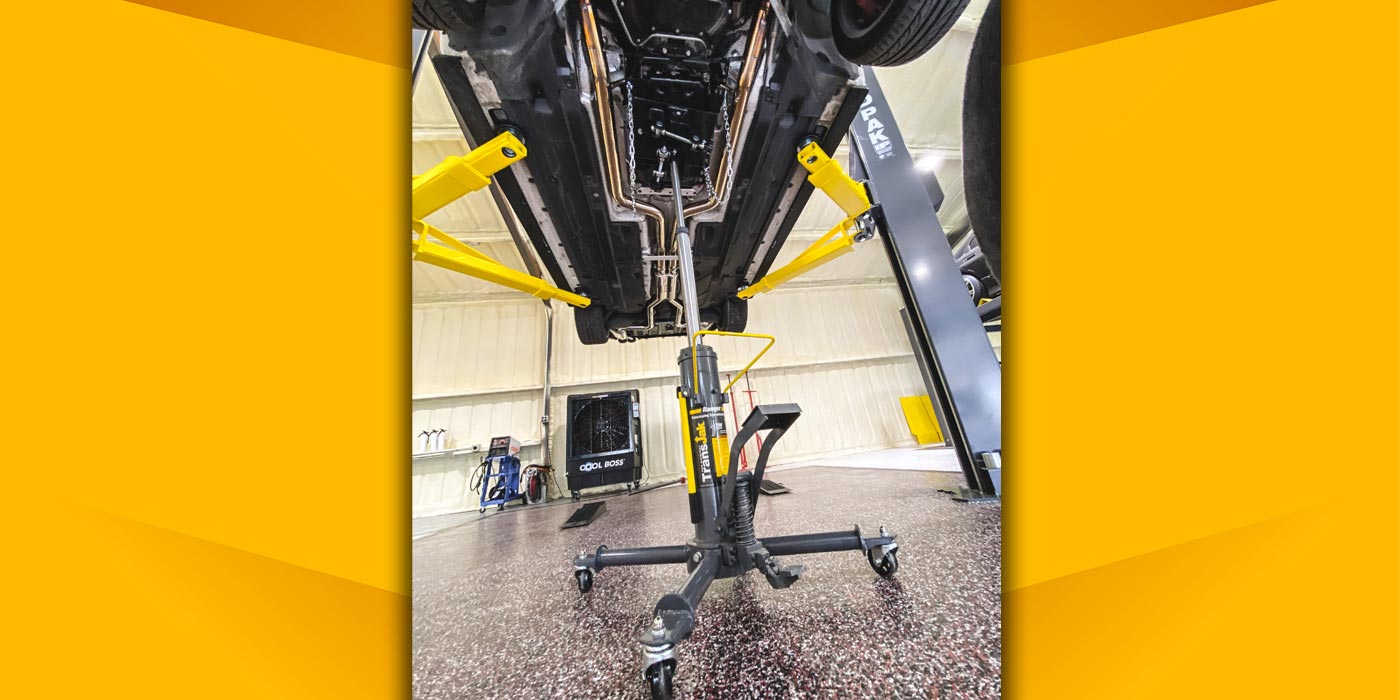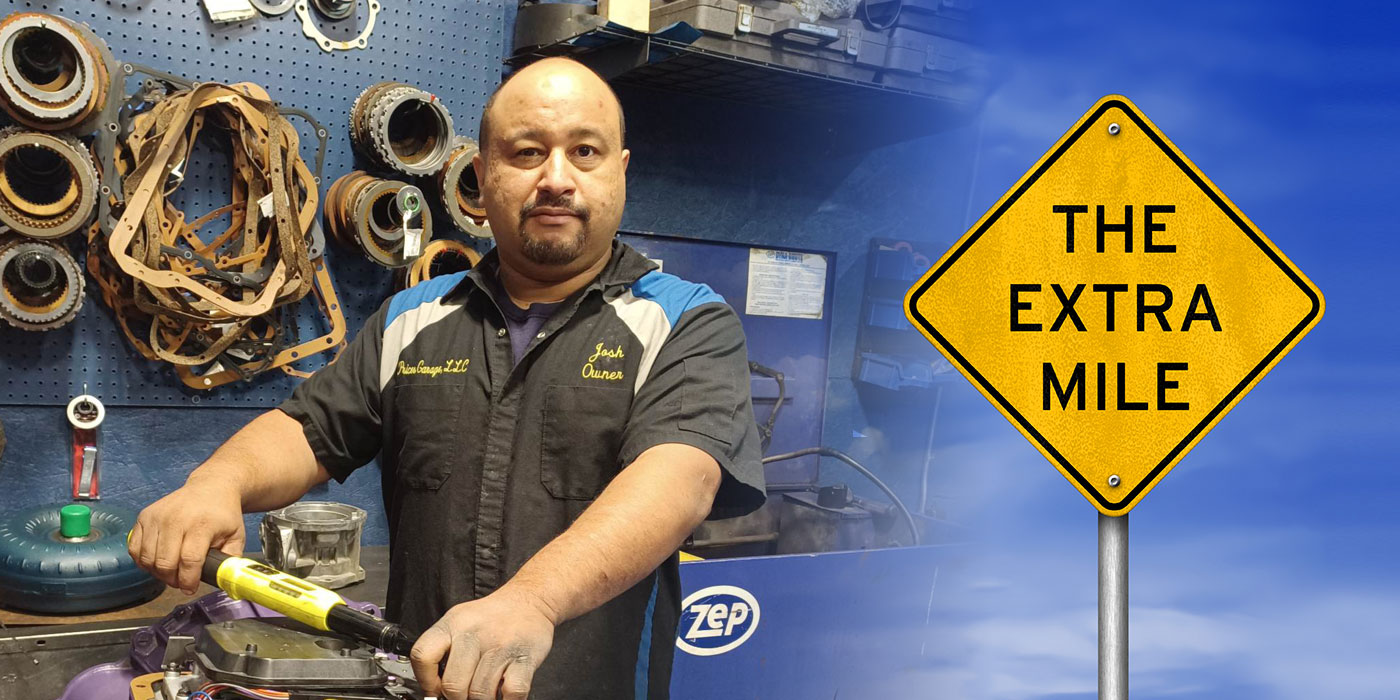
It’s Your Business
- Subject: Adding general-repair and maintenance services
- Essential Reading: Shop Owner, Center Manager
- Author: Terry Greenhut, Transmission Digest Business Editor
Welcome to winter, for many of us the busiest time of year. In fact, it’s pretty easy for us to go into overwhelm when the snow is flying and the plow guys are begging us to get their trucks done so they can get back out there to make more money. The question is: Are we making what we deserve, or are we letting customers and situations dictate to us how we run our businesses?
Nobody wants to admit that the transmission business is seasonal, but we all know that to a degree it is. Winter and summer are the busiest times. Whether you’re up north where it’s cold and snowy or down south where the snowbirds go to escape, you can expect to be much busier from December to February than you are from March to May and again from June to August than from September to November.
Although many transmission shops supplement their rebuilding work with general repairs and maintenance so they can keep busy the year round, others rely heavily on their busy periods to carry them through the entire year. If you are one of the latter I have a couple of pieces of advice for you. One is to seek out additional types of work you can perform that will not hurt your relationship with your wholesale and fleet accounts.
Give it a lot of careful thought, though. The last thing you want to do is jeopardize a really good wholesale account by stealing his general-repair or maintenance customers. Even the most-innocent sale of a minor repair performed in conjunction with a transmission overhaul can be enough to make a garage or service-station owner stop doing business with you if it isn’t handled correctly.
Avoiding this problem takes a bit of work. You have to ask every retail customer exactly how they came to you – exactly being the operative word. It can’t be a generalization. You need to know who performs this customer’s regular service. Even if the customer doesn’t indicate that one of your accounts sent her (and maybe it didn’t), it still might be the one that provides her with all of her other services and would still feel betrayed were you to steal her away or perform anything but a transmission repair.
When you interview your new customer and ask the standard “How did you hear about us” question, you also need to ask, “Who performs all the other services on your vehicle?” Although their brother-in-law might have recommended you for the transmission work, it could turn out that one of your wholesale accounts is their regular provider of repairs and maintenance.
Some transmission-business owners have come out of the general-repair and maintenance closet and declared themselves to be “all things automotive.” Many who have done so made that decision after doing an extensive study to determine how much work their wholesale accounts actually were giving them. Instead of making the blanket statement, “Oh, that’s a good account of mine; I would never take his customers,” they analyzed the amount of work either farmed out or referred in the past year from that account. Then, after performing the same analysis with all their other accounts, they made the decision as to how much business they really were getting from these accounts and whether it made more sense to maintain their exclusivity or not be concerned about the toes on which they might be stepping.
Why do you have to perform this analysis? Because we can make ourselves believe almost anything, including the idea that our accounts send us a lot more work than they actually do. How many times, for example, have you visited a repair shop that you were trying to land as a client and when you asked how many jobs they farmed out to their current provider were told, “Oh, we do three transmissions a week here”? Then when you get the account, you find that they really give you only one a month – if you’re lucky.
Yes, people inflate numbers. Some do it on purpose to make themselves sound or feel important, others because they simply don’t remember but it seemed to them as if they were giving or getting a lot of work. That’s how it is with many transmission-shop owners. We know we’ve had a certain account for many years. We can remember when they did send us a lot of work, but the question is, how long ago was that and do they still send work now and how much? Is it enough to want to protect the wholesale accounts by not performing general-repair and maintenance services for the public, or are we just making ourselves believe these accounts are much bigger than they really are?

I know one transmission-shop owner who truly believed he was still getting at least a dozen transmissions a year from a service-station account only to find out after analysis that the real number was two.
So if you believe you need to supplement your transmission business by adding on other services, don’t guess or leave it to chance. Figure out what your exposure might be to losing good accounts, if indeed they are good. Then, when you are ready to proceed, you might want to offer your services to those accounts at a discounted price, the same way you offer them transmission repairs.
Once you are about to begin to advertise general automotive services to the motoring public, you will want to personally visit all your wholesale accounts to look them straight in the eye and tell them what you are planning to do and that you will be very careful not to take their customers. You also should add that if they send a customer’s vehicle or customers themselves to you, you will check their cars thoroughly and report your findings back to the account for instructions on how to proceed and that in no circumstance will you sell anything that is not directly related to the protection of the transmission repair without the account’s prior approval. Put it in writing if that makes them feel more comfortable.
My other piece of advice is for those who totally rely on revenue from their transmission business. Make sure you seize every opportunity to make money in the busy seasons. That means not straying from your normal operating procedure just because it’s very busy. If at other times of year you check for additional driveline repairs as a means of making additional sales and to protect your transmission work, don’t abandon those inspections because you are busy. That’s called “being too busy to make money.” Those add-on sales are usually quite profitable while being simple to perform. You will be doing yourself and the customer a disservice if you don’t sell everything that’s needed to protect the customer’s investment in the transmission.
Don’t turn away work. You need to make your money while it’s out there. Once you turn away a job it’s gone forever and so might the customer be. One of my managers used to come to me all frazzled when we would get that busy and say: “Boss, what are we going to do? I can’t even find a place to park all these cars.”
All I would say was: “Keep taking them in. We’ll find a way to get them done. We always do.” Of course, he thought I was nuts or the greediest man on the planet, but the truth is, I knew that as wonderful as this busy period might be, it also could be short lived. Who knows whether in a week or two we won’t be standing around looking at each other and wondering where the work might be.
OK, what do you do with the customer who wants it now? He’s in a big hurry, has to get out there to plow more snow. Is it OK to charge a premium for a rush job? I guess the question is, “Why wouldn’t it be?” Even though only two types of charges – parts and labor – usually are written up on a repair order, who says there can’t be another category. You might call it a “premium service charge” for when the customer wants you and your employees, whom you must pay overtime, to work through the night, not to mention the additional heat and light bill such a job would generate. Why shouldn’t he be allowed to pay more and get what he wants? He should, but it all needs to be properly disclosed to the customer. He must sign for that service separately on the repair order so he can never claim that it wasn’t disclosed and that he didn’t accept the additional charges.
One word of caution – if you operate in a state that has regulations for the auto-repair industry, check to make sure these additional service charges are within the state guidelines and to find out exactly how they need to be written up and disclosed on the estimate or repair order.
Let’s all enjoy a very profitable winter!

Visit www.terrygreenhut.com.


